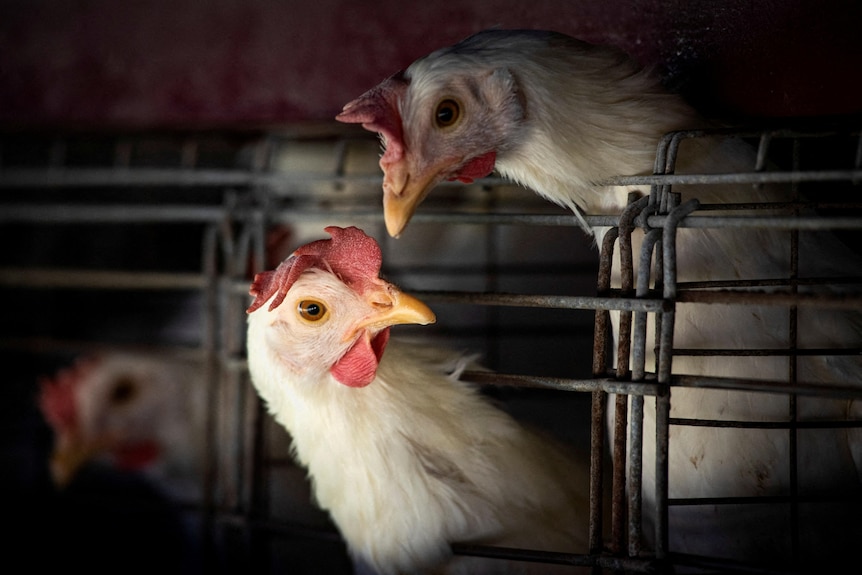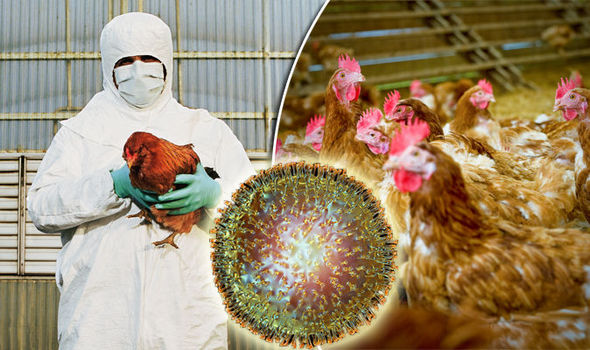The outbreak of avian flu in Australia has now reached a new species.
Although the virus had only been affecting egg laying chickens, it was confirmed that it had entered a duck farm.

Six farms in the state have been affected by the H7N3 strain, which has killed hundreds of thousands birds.
Due to the outbreak, the availability of eggs has been affected.
In response to the situation, Coles supermarkets in the country have temporarily limited the number of cartons that they can sell per customer.
The strain that has affected Victoria is different from the H5N1 virus. It has affected various domestic and wild mammals and birds.
Although the current outbreak of the H7N3 virus has mainly affected poultry, it has also affected humans.
In March, a boy from Australia was infected after returning from India.
In the US, where the H5N1 strain has been affecting poultry farms and dairy herds, Dr. Jenna Guthmiller noted that the virus was being allowed to spread unpredictably.
According to Guthmiller, the number of people who are likely to get infected by the virus is growing.
Despite the lack of human-to-human transmissions, it is still worrying that the H5N1 could mutate into a pandemic.
According to Matthew Miller, an associate professor at McMaster University, the virus is constantly adapting to new hosts and can potentially learn how to survive in humans.
The duck farm that was infected with the virus supplied both eggs and meat.
All of the birds will be destroyed and the affected farms will be closed.
Although the virus can persist in various forms of fluids and droppings for a long time, authorities are still maintaining that food products are safe to eat.
To prevent the spread of the virus, movement restrictions have been implemented in areas near Meredith, Terang, and Lethbridge in Victoria.
In these areas, permits are required to ensure that the transportation of poultry products, equipment, and birds is controlled.
Some experts believe that the only way to prevent the spread of the virus is by reforming farming techniques.
Peter Stevenson, an official for Compassion in World Farming, said in May that poor animal husbandry can contribute to the emergence of zoonotic flu pandemics.
The large number of birds housed in poultry sheds can allow the virus to quickly spread among them.
It can also mutate and infect other birds through the ventilation systems in these facilities.
Authorities are also asking bird owners to report any suspicious deaths to the emergency number 1800 226 226.

